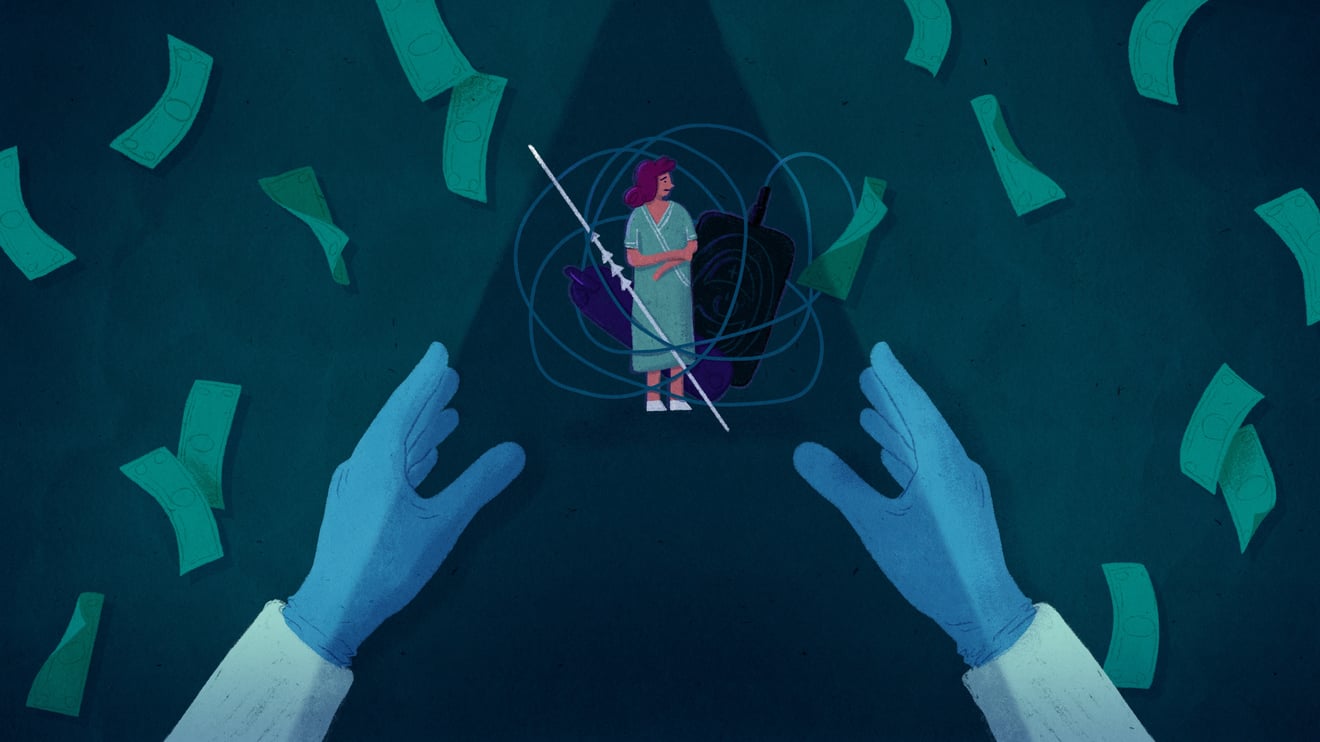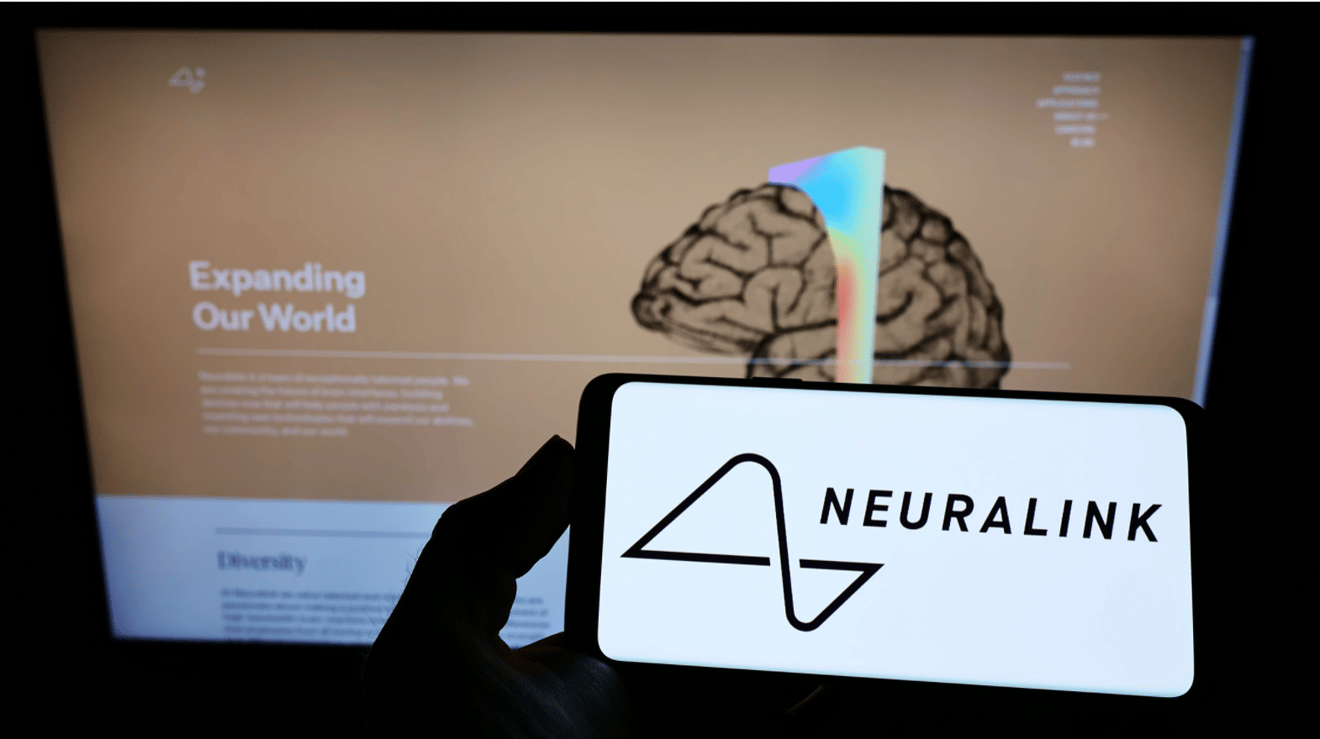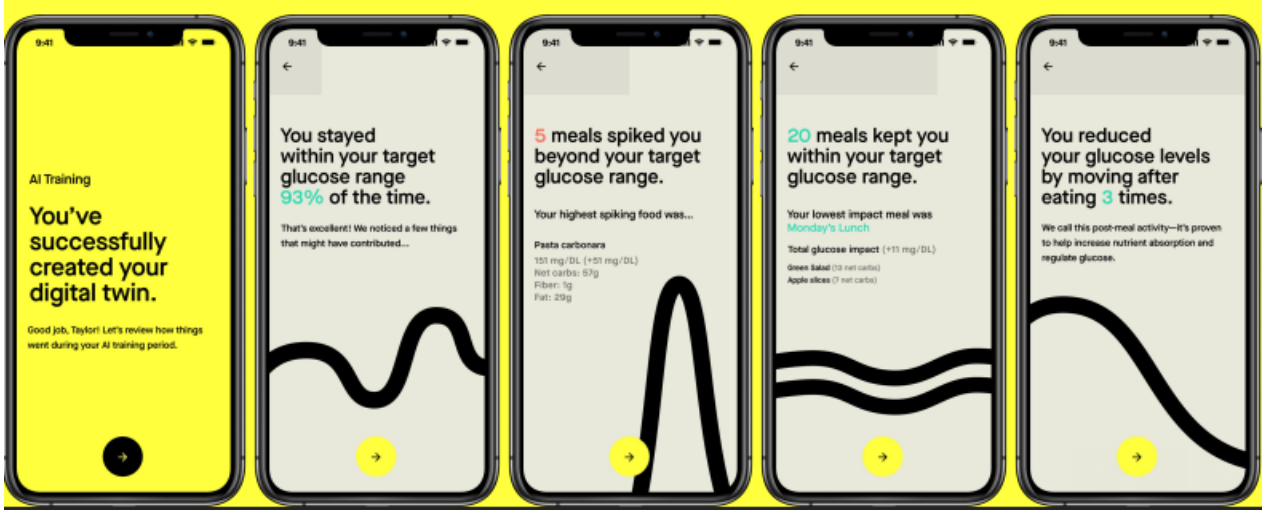Telehealth
What happens when your telehealth provider folds?
A little over a month ago, patients who had depended on telehealth birth control startup SimpleHealth received an unexpected message: The New York startup was shutting down and transitioning all its patients, medical records, and prescriptions to an entirely different service: A competitor called Twentyeight Health, which paid an undisclosed amount for the assets and technology.
Patients told STAT and posted on Twitter that they weren't informed of the agreement until the transition had begun, and reported unfulfilled birth control orders, customer service lags, and confusion about the fees they'd already paid to Simple Health for care they never received.
As digital health funding shrinks and startups burn through cash — SimpleHealth last raised $26 million in 2018, according to Crunchbase — the industry is likely to see more mergers and closures that could potentially leave patients in the lurch.
The transition could be a case study for other companies likely to face similar headwinds, Twentyeight co-founder Amy Fan told STAT. In the weeks after the transition, customer service response time swelled to three or four hours as frustrated patients sought answers about unfulfilled orders and insurance coverage, she said.
The company has guided thousands of SimpleHealth patients to its own platform or to other providers, Fan said — and frequently it has had to resolve complaints that existed even before the handoff. "SimpleHealth was struggling prior to the transition," she said, adding later: "Regardless of when the issue happened, it can still be really frustrating for individuals."
In the future, Fan said, companies could better prepare for transitions by closely documenting their operations as they wind down to spot potential issues. "I imagine there will be other companies, because of the very challenging environment to fundraise," she said. "What really should be the number one goal is making sure there's continuity of care."
medical devices
The inside story of a medical device maker that sold dummy parts to chronic pain patients

As Neuralink generates buzz for advancing toward brain chip clinical trials (more on that later), our medical devices reporter Lizzy Lawrence delved into another neurotech darling that launched with an alluring promise: using nerve-stimulating devices to treat chronic pain.
The devices were sleek, attached to a wearable battery with thin wires. If only all the pieces actually worked.
As Lizzy reports, some of Stimwave's devices contained fake plastic components that allowed the company to sell them for thousands of dollars more than they would have without them. And executives pushed staffers to lie to doctors about the part being medically necessary, former employees and legal filings reveal.
"When people asked questions about how does this actually work, there was an overall tone of, you don't need to know how this works," a former Stimwave sales representative, who requested anonymity to avoid professional repercussions, told STAT. "That's not your job. Your job is to sell it."
Read the special report from Lizzy here.
studies Neuralink has FDA approval for human clinical trials

Elon Musk's closely watched brain implant startup says it can now study its impact on humans in a clinical trial after being green-lit by the Food and Drug Administration, Lizzy reports.
While it's a big step for the company, it's also way behind competitors building brain-computer interfaces, experts say. "In terms of first in human, Neuralink is almost two decades behind," said JoJo Platt, a neurotech strategist.
Like competitors, Neuralink's goal is to translate brain impulses into physical actions, which could help paralyzed patients regain mobility — even type on a phone with their minds. But under Musk's leadership, the company faces some formidable challenges. Read more here.
Generative AI How a CGM startup plans to bake-in generative AI

(Photo courtesy of January AI)
Earlier this year I profiled Stanford researcher Mike Snyder, a serial entrepreneur and pioneer of personalized medicine whose recent goal has to be to build a blood micro-sampling system that's "like Theranos, but it works." (His words!)
Snyder, who is the director of Stanford's center for genomics and personalized medicine, has launched yet another product — this one blending continuous glucose monitoring with the use of artificial intelligence.
January AI, a startup co-founded by Snyder in 2017, is rolling out an app-based health coach that draws data from a CGM that users only have to wear for a couple weeks. After that, a homegrown AI model makes predictions about what might cause spikes in blood sugar and how to counteract those spikes.
Users help train the AI by sharing their own data, and in the process create what's known as a "digital twin" on which they can test out various hypothetical situations like different types of food, Snyder explained to STAT. The system can also pull in data from wearable devices like Oura Rings.
January AI is also developing a virtual coach — based on generative AI — that members can chat with, he said. We'll keep an eye on it as company, which launched this week, picks up customers.


No comments